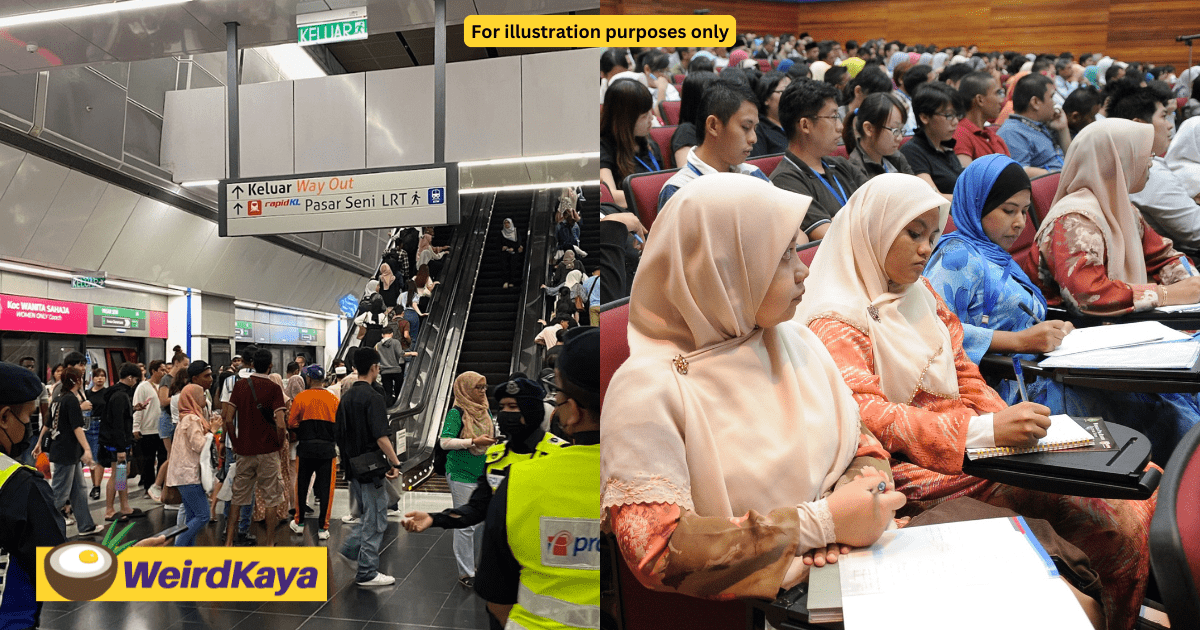A nationwide conversation has sparked online following the government’s recent announcement of changes to Malaysia’s education policy.
While many are debating the implications, one netizen’s question has taken on a life of its own — leading to an inspiring thread of stories from Malaysians who rose above poverty.
The viral question on Threads reads: “Those who were born into a B40 family and managed to break free? How did you do it?”
In Malaysia, the B40 group represents the bottom 40% of income earners, and escaping that bracket is often seen as a near-impossible feat. But hundreds of replies poured in, and one recurring theme emerged — education.
“My mom spent everything on my education”
One user shared that their mother used up all her savings to support their schooling up to SPM.
She invested in my education since I was a child. I later received a scholarship to study abroad — and I took that opportunity seriously.”

But it wasn’t just academics. She also credited their social circle for expanding their mindset.
During A-Levels, I met people from insanely wealthy backgrounds. One of my university housemates came from a T1 family. That’s how I learned how her parents built their careers and wealth from scratch.”
After gaining work experience overseas and saving diligently, the user eventually ventured into business.
Sell kuih to sent 5 kids to university
Another commenter painted a vivid picture of poverty — using Nescafe bottles as makeshift oil lamps.
Despite the odds, her mother worked tirelessly selling kuih and breakfast to fishermen at the jetty to support the family.
She made sure all five of us went to university. Now we’re a family of lecturers, teachers, technicians, and a nurse.”

Her story stood out as a testament to grit, sacrifice, and the long-term value of investing in knowledge.
Pushed for a degree despite average academic results
Another user shared a powerful story of how their family slipped from a middle-income (M40) background into the B40 category due to overwhelming debt that nearly led to bankruptcy.
Determined not to stay stuck, they began working part-time jobs at the age of 13 to ease the burden and gain independence early on.
Despite having only average academic results, they pushed through and completed a degree, refusing to let grades define their future.
After entering the corporate world, they eventually pivoted to a remote job that paid in USD — a move that significantly improved their income and financial flexibility.
They lived far below their means, saved aggressively, and started investing early, understanding that building wealth wasn’t just about earning more, but about using money wisely. Their journey is a reminder that while education is vital, adaptability, discipline, and financial literacy are equally important tools in climbing out of hardship.
More than just grades — a lifeline
While the stories varied, almost every single response pointed to one thing: education was the ladder that helped them and their families climb out of the B40 trap.
These stories serve as a powerful reminder that while financial aid, scholarships, and access to quality learning are critical, it’s often the unseen effort — by parents, students, and communities — that changes lives.



